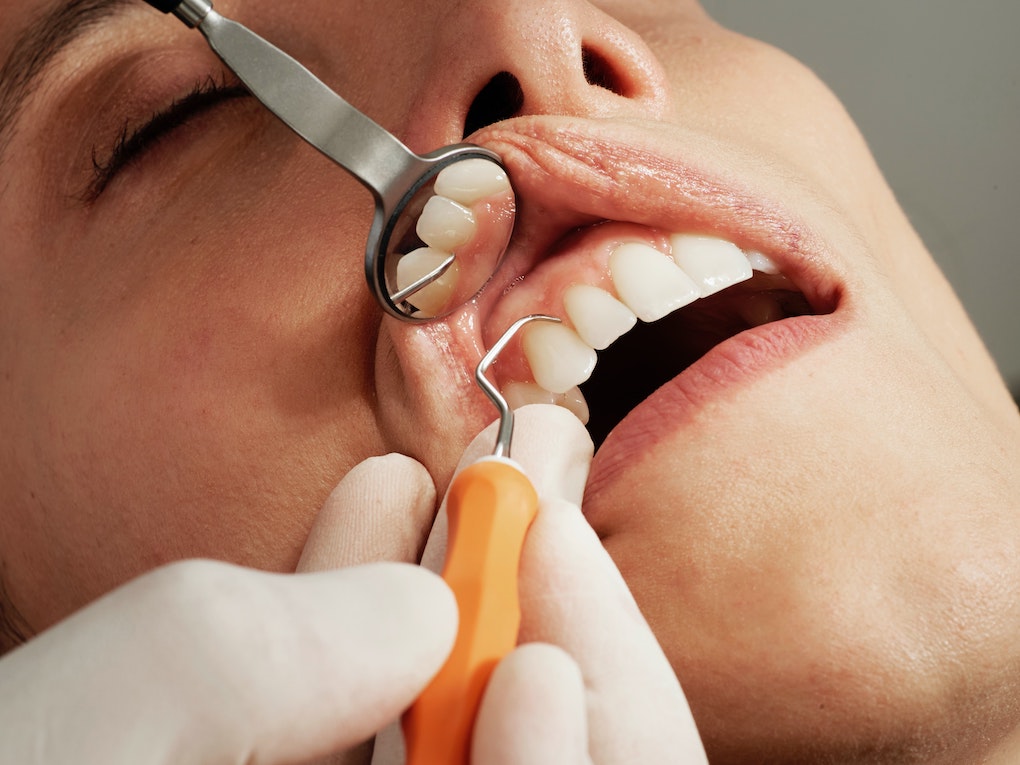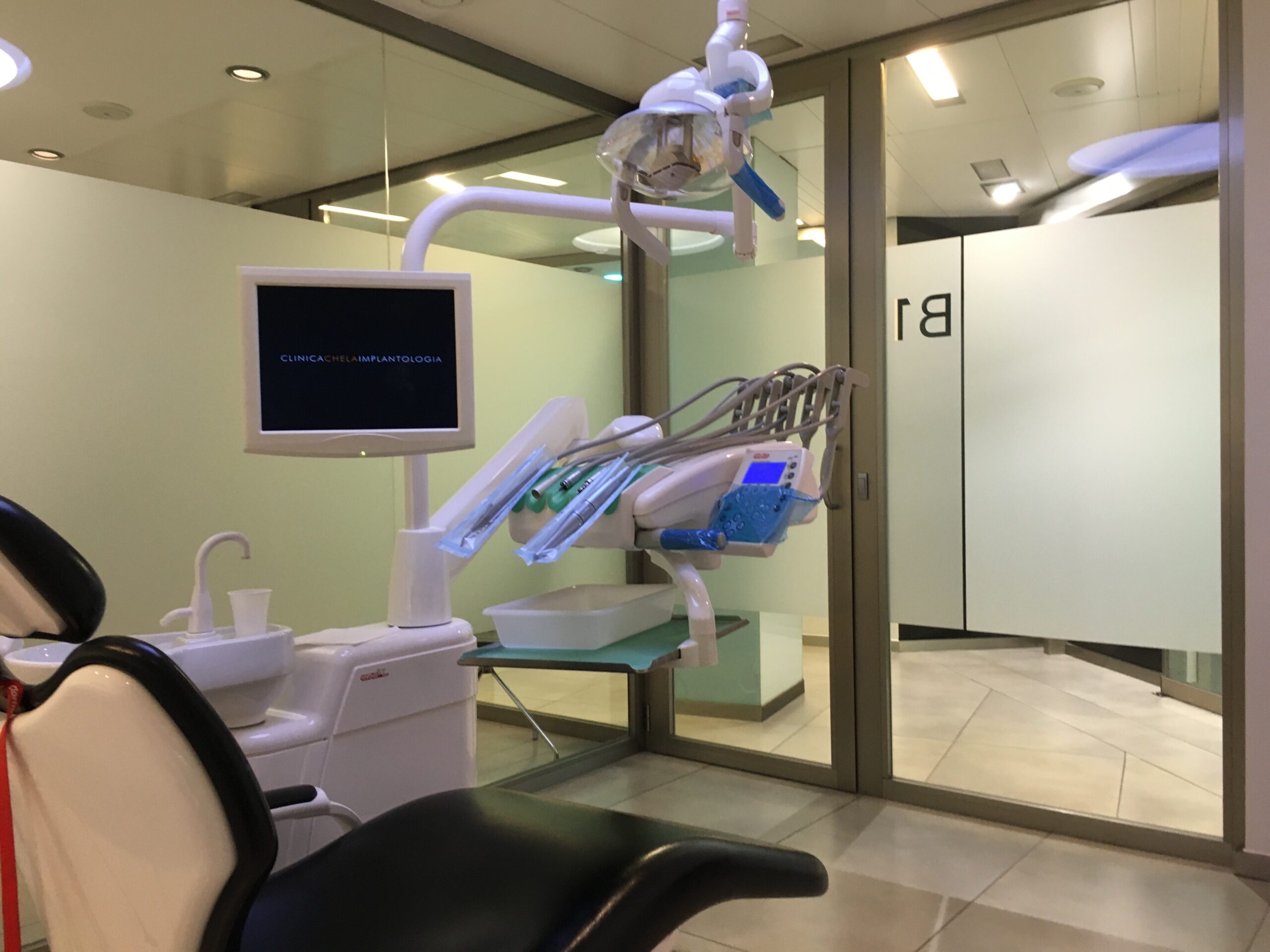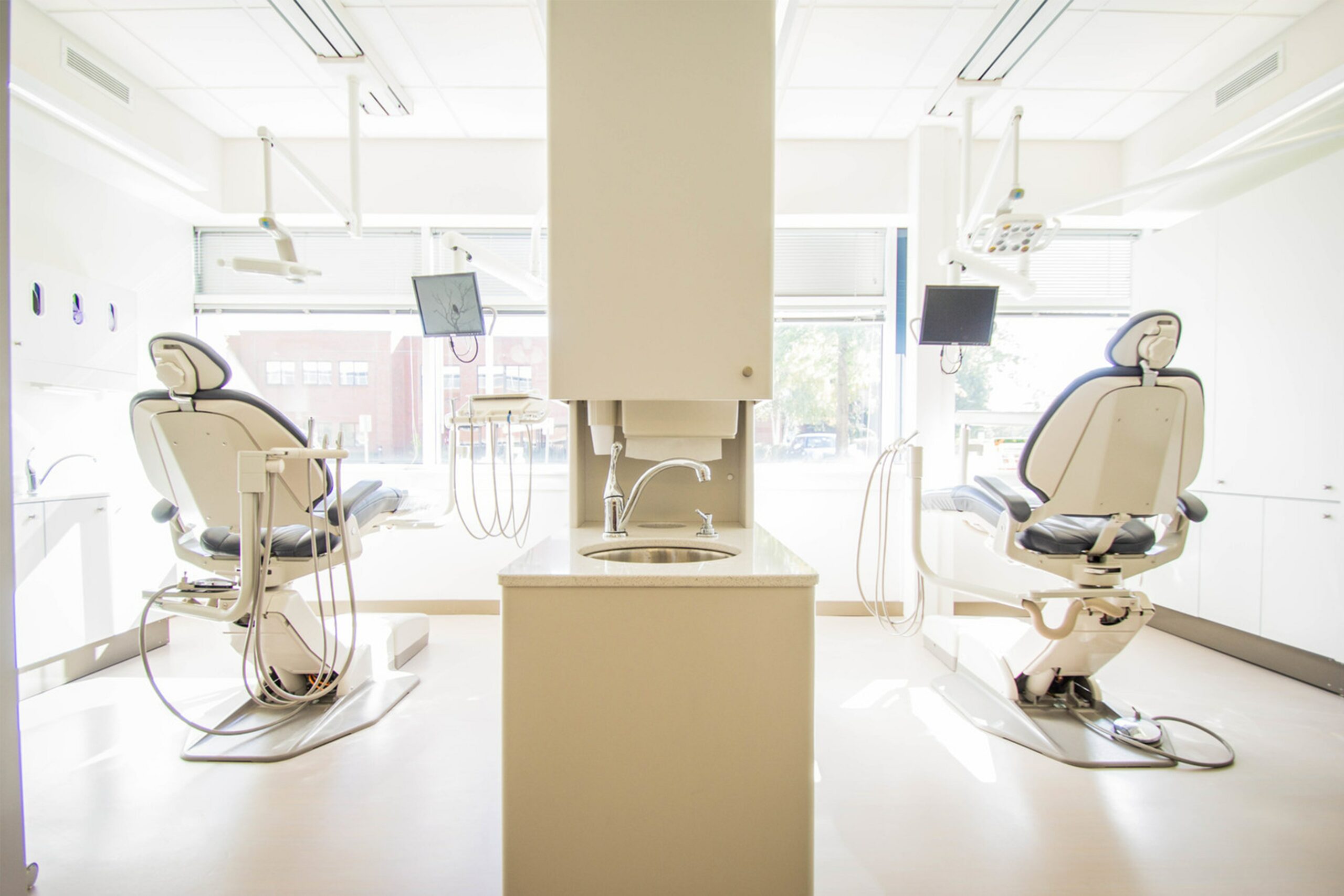
April 13, 2018
Associateship, Partnership or Buy-Out: Which Is Right for You?

There comes a time in the life of a dentist’s practice when a second set of hands would be helpful to grow or pass the torch to another professional. A natural first thought is to bring on an associate with plans to buy out at a later date, but the numbers prove otherwise. Here, we break down the nuances of an associateship, partnership and buy-out to help point you in the right direction.
Associateship
When selling to a partner with whom you’ve never worked with an arrangement to buy in at a later date, the results are predictable—a 20% success rate, in fact. Not to mention, after the cost of acquiring a practice and the overhead of running a business, taking on an associate is typically not an affordable option. If going this route, make sure there’s a contractual “out” should the match not be a good fit so no time or money is wasted.
Partnership
With a 60% success rate, a partnership offers flexibility in transitioning for a seller who is not ready to retire. Increasing costs of regulations and decreasing reimbursements from PPO plans make financial sense for taking on a partner. Planned well, and a partner could expand the offerings of your practice, adding to its value when the time comes to sell. For those working toward retirement, selling a fraction upfront could help to reduce hours and shift responsibility, eventually leading to a 100% buy-out. And with the growing number of dental graduates every year in an ever-stable industry, a compatible partner is likely easy to come by.
Buy-out
A full sale or purchase is the most common way to transition in or out of a practice, and for good reason—a 99% success rate is a good bet for both the buyer and the seller. The transition is quick, with one buyer and one transaction, so a good option for a retiree. However, most dentists struggle with the thought of quitting so abruptly and opt to ease the transition when given the choice. The emotional investment in the company is hard to deny, no matter your age.
What’s next?
Read more about associateships, partnerships and buy-outs in our e-book “Strategies for Transition,” then talk to the experts at Professional Transition Strategies to figure out which option is best for you.



